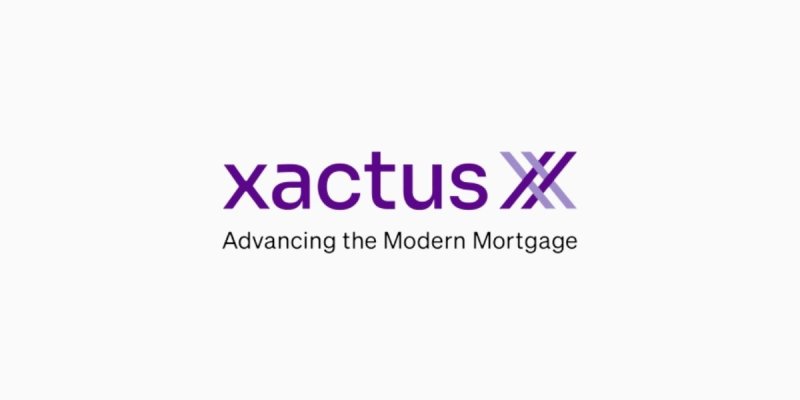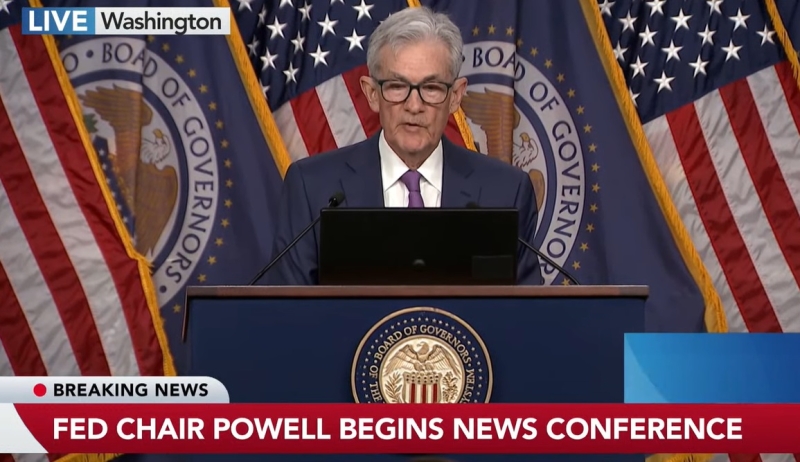
Mortgage Balances Remain Stable While Credit Card Debt Increases

Credit card balances surge to series high amid stagnant mortgage market.
Mortgage balances remained relatively unchanged at $12 trillion in Q2 2023, reflecting a stabilization in the housing market, according to the Quarterly Report on Household Debt and Credit issued Wednesday by the Federal Reserve Bank of New York’s Center for Microeconomic Data.
This stagnation comes in large part due to declining mortgage originations and slowing home prices. Mortgage originations, including refinances, stood at $393 billion in the second quarter, an increase of $70 billion from the first quarter.
The report revealed a slight uptick in total household debt, which increased by $16 billion (0.1%) to $17.06 trillion. Among the significant findings, credit card balances saw an increase of $45 billion, hitting a high of $1.03 trillion, marking a 4.6% quarterly increase. Credit card accounts expanded by 5.48 million to 578.35 million, and aggregate limits on such accounts increased by $9 billion, now standing at $4.6 trillion.
Other findings included:
- Auto Loans: Balances rose by $20 billion, continuing an upward trend seen since 2011. The volume of newly originated auto loans, including leases, was $179 billion, reflecting high values of originated loans.
- Student Loans: Balances fell by $35 billion to $1.57 trillion, with delinquencies at historic lows due to the federal repayment pause in effect until Aug. 31, 2023.
- Other Balances: This category, including retail cards and consumer loans, increased by $15 billion.
- Delinquency Rates: These were roughly flat in the second quarter of 2023, with slight credit card and auto loan increases.
“Credit card balances saw brisk growth in the second quarter. And while delinquency rates have edged up, they appear to have normalized to pre-pandemic levels,” Joelle Scally, regional economic principal within the Household and Public Policy Research Division at the New York Fed, said. The report also highlighted a minimal increase in new foreclosure notations on credit reports and stated that new foreclosures have remained low even since the CARES Act moratorium was lifted.
Accompanying the report, a Liberty Street Economics blog post examined trends in credit card lending and repayment, concluding that despite inflation's toll, there is little evidence of widespread distress on households.
Policymakers and financial analysts are expected to closely monitor these figures as they navigate the economic landscape post-pandemic.




